Social Media and “You”
"You"'s titular character, Joe Goldberg, shows the audience the dangers of social media and how we utilize it. (Courtesy of Netflix)
January 23, 2019
By Sean Franklin
Netflix’s new show, “You,” begins with a chance encounter between Beck, a graduate student and aspiring author, and Joe, a bookstore manager and sociopathic stalker extraordinaire. Sparks fly, and Joe quickly becomes obsessed. He gets her name from her credit card and immediately looks her up on social media.
Beck keeps a fairly exhaustive record of her life online, and with a few keystrokes Joe finds out where she lives, where she works, who her friends are and more. He stalks her across New York City and slowly insert himself into her life in increasingly terrifying ways – first by breaking into her home, then by kidnapping and later murdering her current beau (a comically punchable trust-fund guy named “Benji”).
“You” is many things – a soapy thriller in the vein of “Gone Girl” and “American Psycho,” a dark satire of our image-obsessed society and a disturbing image of the now-common practice of “Facebook stalking” taken to the extreme. However, one of its most interesting themes is a message about the perils of social media and the digital traces we all willingly leave.
Joe is able to find Beck easily because she has readily put so much of her information online. Her profiles are public and her posts are frequent.
She has clearly put a lot of work into maintaining her online presence – unwittingly making her life part of the public record.
I do not say any of this to blame Beck – Joe is clearly the villain of this story. I merely want to point out some of the risks amplified by the advent of social media. I’m willing to bet that most of you reading this article are active on social media in one form or another. You have a digital footprint, a record of your thoughts and actions preserved in the cloud for all time.
This digital record can be exploited by malicious figures like Joe, mined for data by the social networks themselves or stolen by Russian intelligence agents. These are clear downsides, but what are the upsides? Why do we expose ourselves to these risks? Given that Beck has put so much time and effort into social media, we must assume that she gets something of value from it. However, even if you remove Joe from the picture, it is clear that social media is impacting Beck’s life in negative ways. She hangs out with many wealthy socialite friends who, unlike her, do not have to worry about money or work. Through her social media, she is constantly tries to make her life seem just as enviable and carefree as her friends.’
She struggles to balance her writing and her work as a graduate student with the pressure to go out with her friends for some Instagrammable moments. It’s easy to see the parallels between Beck’s constant striving, her fear of missing out and the world we live in today.
Entertain, if you will, this thought experiment. What if all social media disappeared tomorrow? Would we really be any worse off? The risk of being stalked by Joe-like characters or having our data compromised by foreign agents would be gone. Gone, too, would be the constant fear that we aren’t good enough, or that we’re missing out on something that others are experiencing. We would be free from social media’s well-documented deleterious effects on our collective mental health. We would be free from the pressure to document our lives online just because others are doing so.
Much ink has been spilled about the negative impact of social media. Little has been written, however, about its benefits: I think this is telling. It shows us that there’s not a lot of good to write about.
Social media is not essential to our lives. It makes itself essential through the network effect – the more people use it, the more useful it becomes. But it has no utility in and of itself; it has no value beyond the value that people place upon it.
Given all of the risks, why should we use it? My answer is that we shouldn’t.
Sean Franklin, FCRH ’21, is an urban studies major from Alexandria, Virginia.

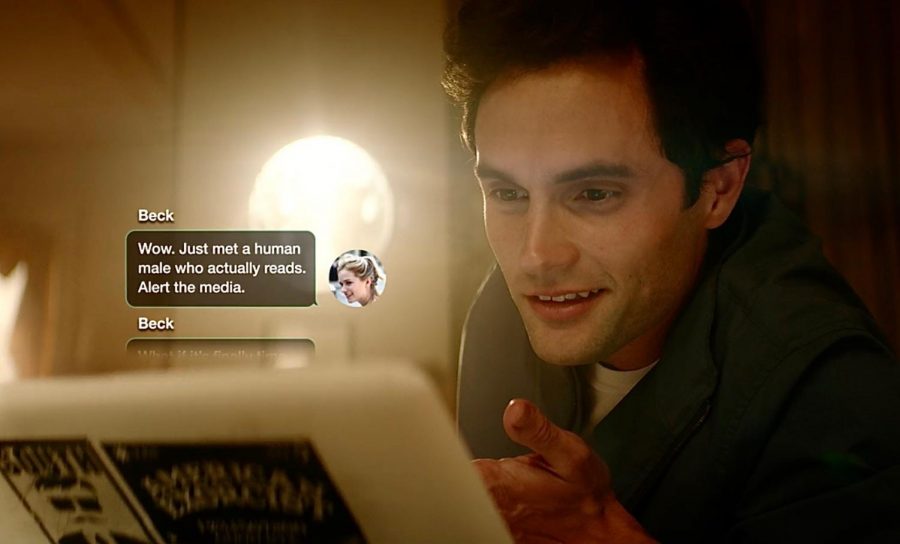
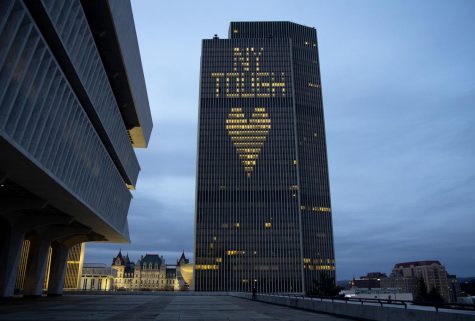




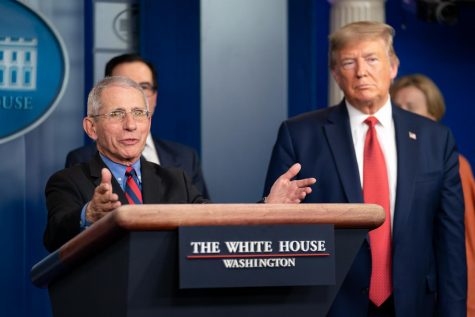
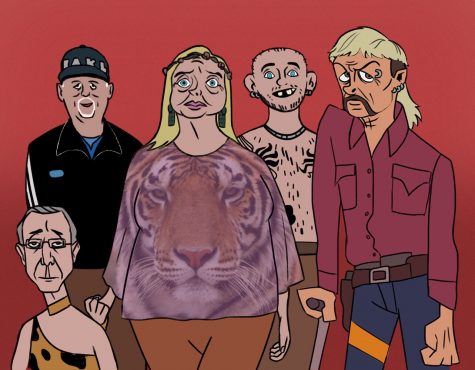
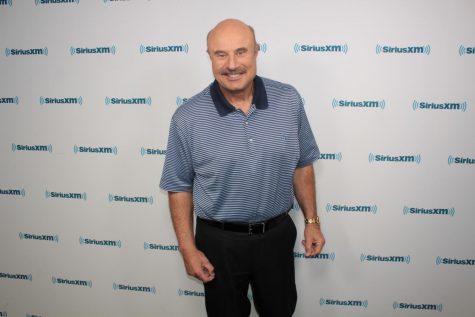
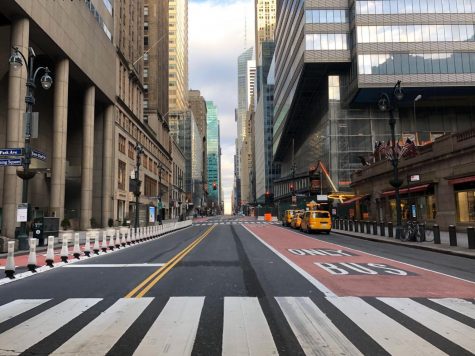
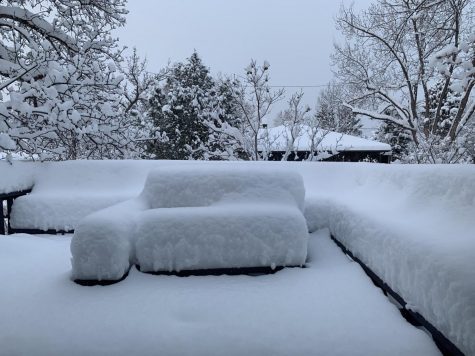
If you want a picture to show with your comment, go get a gravatar.